Keywords: Australian Catholics University
There are more than 24 results, only the first 24 are displayed here.
Become a subscriber for more search results.
-
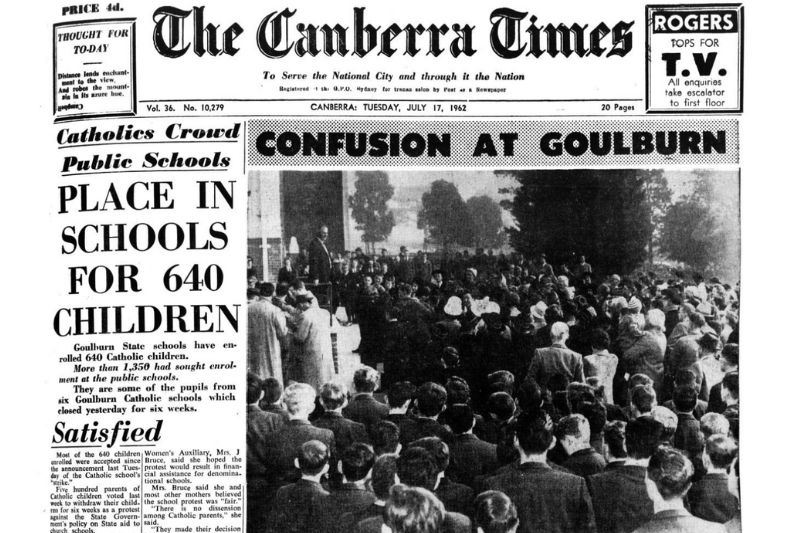
RELIGION
- John Warhurst
- 03 July 2024
8 Comments
In 1962, Goulburn was the centre of national attention when Catholic schools closed in protest over a lack of government funding and control. Students overwhelmed public schools. Could this happen again? An Australian archbishop suggests it as an option if religious freedom in Catholic schools is threatened.
READ MORE
-

RELIGION
- John Warhurst
- 29 May 2024
29 Comments
We are now witnessing a changed dynamic within the movement for church reform. The balance within its component parts has changed towards a more pessimistic view. A minority is still hopeful; a few even remain optimistic, but most are struggling.
READ MORE
-
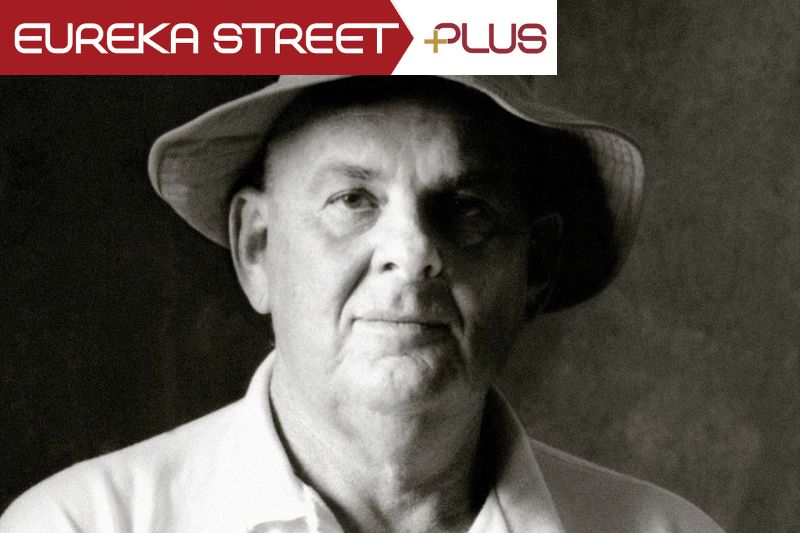
ARTS AND CULTURE
- Paul Mitchell
- 10 May 2024
2 Comments
Les Murray once confessed it was his mission to 'irritate the hell out of the eloquent who would oppress my people,' by being a paradox that their categories can’t assimilate: the Subhuman Redneck who writes poems. And therein lies the ‘poem’ of Les Murray: complex, contradictory, sublime, and sometimes ready to whip his enemies with a scorpion’s tail.
READ MORE 
-
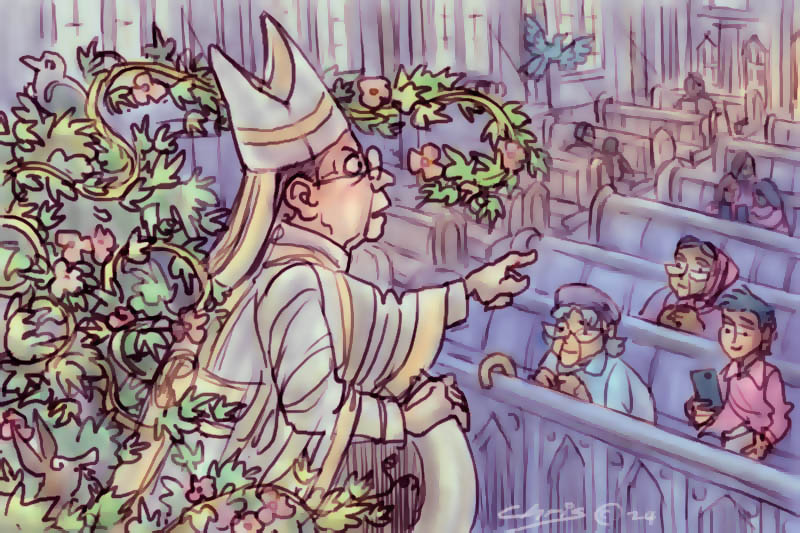
RELIGION
- John Warhurst
- 01 May 2024
33 Comments
The relationship between the Catholic church and the Greens has been one marked by near constant antagonism. Are there any consequences from this for either the church or the party?
READ MORE
-
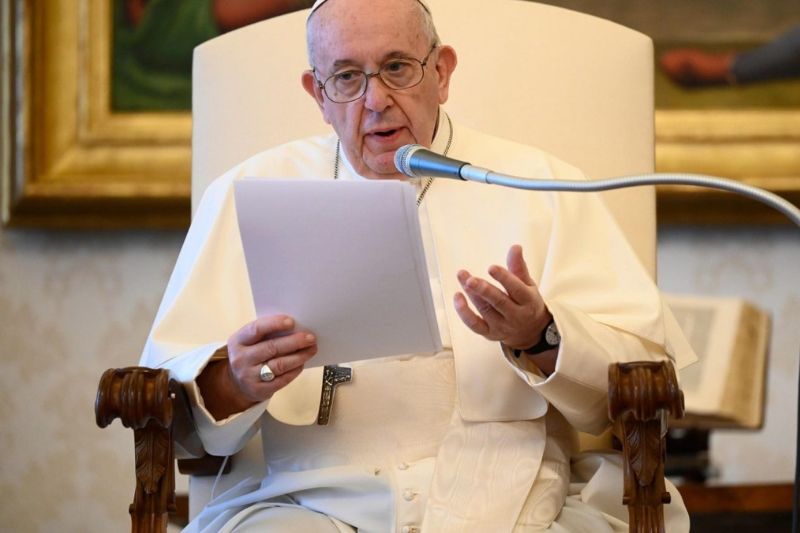
RELIGION
The recent Vatican declaration 'Dignitas Infinita' aims to provide a response to pressing bioethical and social issues, from abortion and euthanasia to gender theory and the rights of migrants. But does it effectively bridge the gap between doctrine and the lived experiences of the marginalised?
READ MORE
-
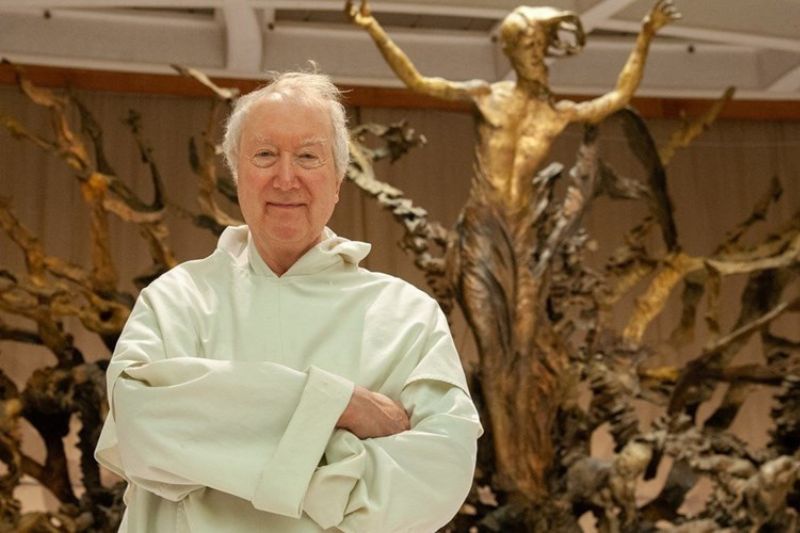
RELIGION
- John Warhurst
- 09 April 2024
12 Comments
Timothy Radcliffe has a hopeful vision for the Church, yet noting the slow pace of institutional change in his recent visit to Australia, he presented a sort of optimism that eschewed any hope for immediate outcomes. The basis for Radcliffe’s optimism seems to be his assumption that it is acceptable for the Church to take its time.
READ MORE
-
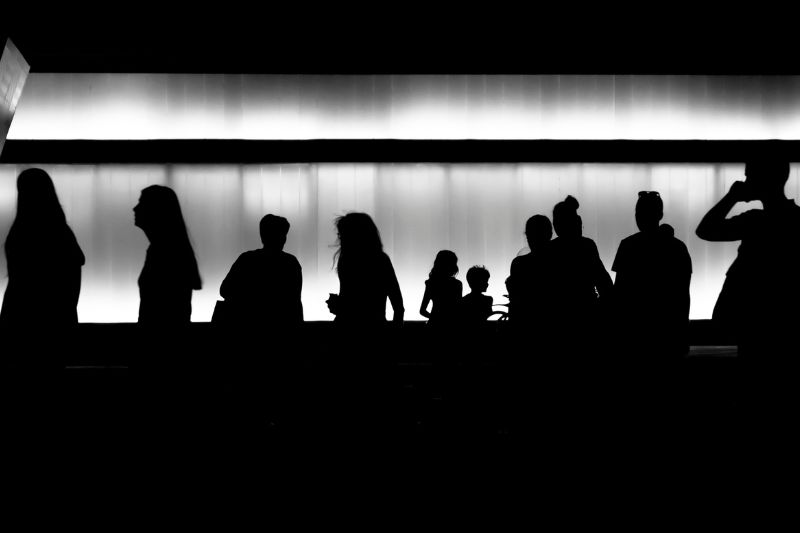
EDUCATION
- Michael Furtado
- 20 March 2024
6 Comments
As challenges to anti-discrimination exemptions are likely to persist within Catholic education, how can the government and religious institutions collaborate effectively to balance the freedom of expressing religious beliefs with safeguarding the rights and freedoms of everyone involved?
READ MORE
-
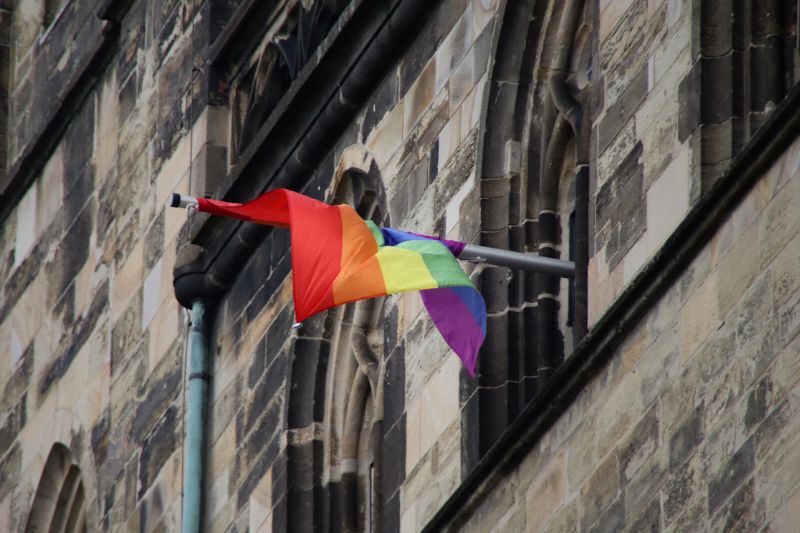
RELIGION
- John Warhurst
- 13 March 2024
7 Comments
The Vatican's decision to let priests bless couples in 'irregular relationships' has sparked diverse reactions within the Australian Church, revealing the complex interplay of faith and cultural diversity within Australia’s Church communities.
READ MORE
-
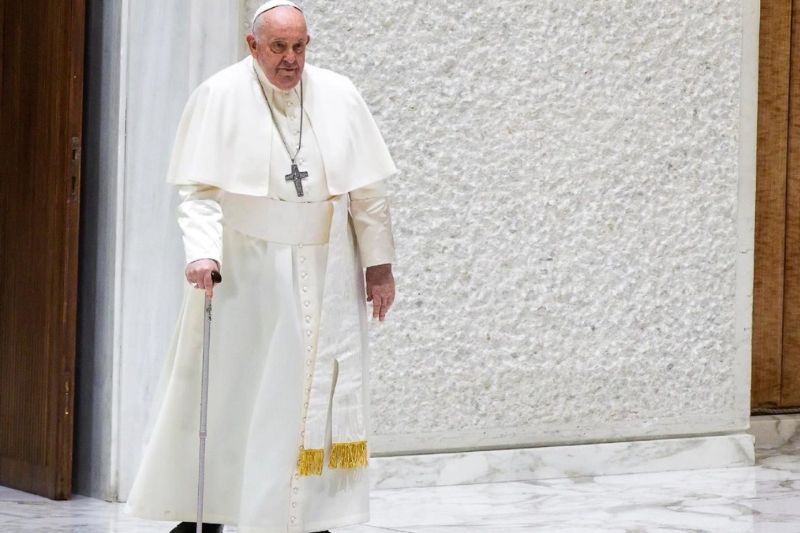
RELIGION
In December, the Vatican issued ‘Fiducia Supplicans’ (‘Supplicating Trust’), licensing priests to bless partners in same-sex and other ‘irregular’ relationships (divorced and remarried couples, couples ‘living in sin’, etc ) when they are approached in good faith.
READ MORE
-
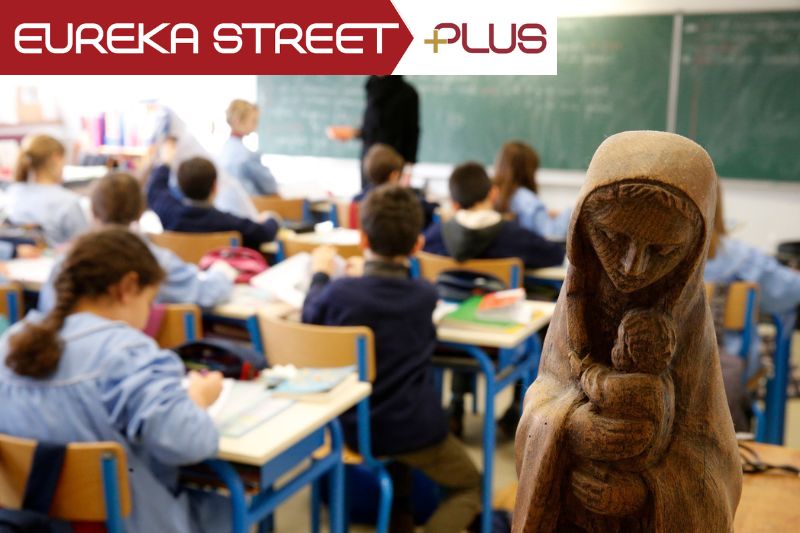
RELIGION
- Ann Rennie, Bernadette Mercieca
- 09 February 2024
5 Comments
Today, the claims of Christianity are no longer common knowledge among a Catholic student cohort that comes from many faith traditions and none, but the Catholic school has a place for them all. Has the classroom become the ecclesial face of the Catholic Church in the 21st Century?
READ MORE 
-

AUSTRALIA
- Michele Frankeni
- 05 February 2024
1 Comment
With large moral and ethical questions, I find myself slipping and sliding along a continuum of 'always yes' to 'definitely no', and never fully landing on either. Am I kidding myself? Is this inability to take a side lack of moral clarity or fibre? Or should I make a decision and stick to it?
READ MORE 
-

RELIGION
- Bill Uren
- 30 January 2024
8 Comments
As Australia adopts voluntary assisted dying nationwide, the Australian Catholic Bishops Conference addresses ethical challenges for end-of-life care in this new legal landscape. What is to be done when a terminally ill Catholic patient requests access to the sacraments when their intention is to embark on assisted suicide?
READ MORE